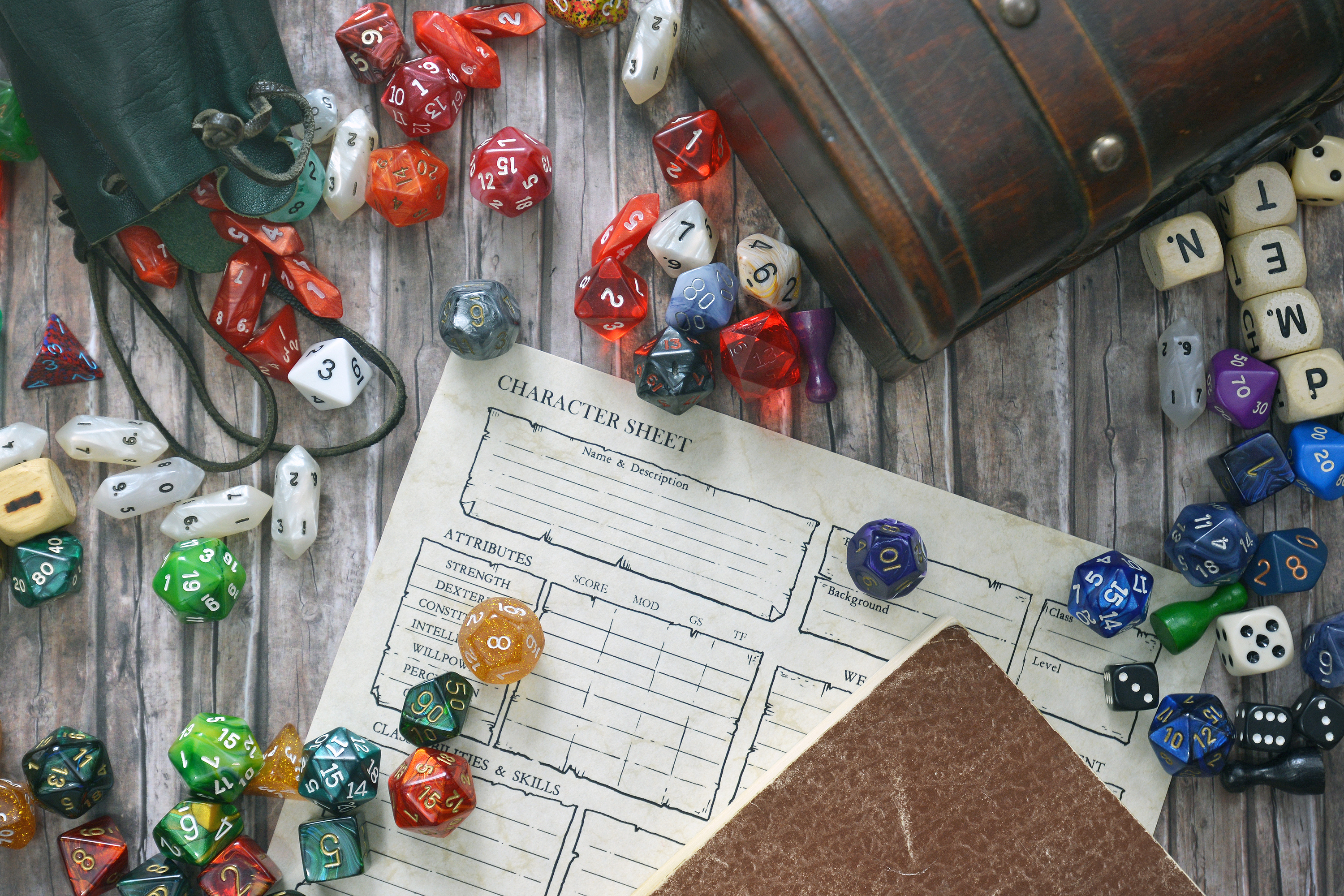What’s an Above Table Conversation?

Categories :
Having an above-table conversation, sometimes referred to as a meta-game discussion, in a tabletop role-playing game (TTRPG) can be incredibly important for several reasons:
- Clarifying Expectations: It’s essential to ensure that everyone at the table is on the same page regarding the game’s tone, themes, and expectations. This discussion can cover topics like the level of seriousness, the amount of role-playing versus combat, and any sensitive subjects that players might want to avoid.
- Resolving Conflict: If there’s any tension or disagreement between players or between players and the game master (GM), addressing it openly can prevent it from escalating and potentially ruining the game experience for everyone involved.
- Planning and Strategy: Above-table conversations can be useful for strategizing, especially in complex or challenging scenarios. Players might discuss tactics, character abilities, or overall game plans to tackle upcoming challenges.
- Feedback and Improvement: Players can provide feedback to the GM about the game sessions, including what they enjoyed, what they found challenging, and any suggestions for improvement. Similarly, the GM can offer feedback to the players on their role-playing, decision-making, and overall engagement.
- Checking In: TTRPGs can be emotionally intense experiences, especially if the game delves into dark or sensitive themes. Taking time for above-table check-ins allows players to gauge each other’s comfort levels and ensure that everyone is still enjoying themselves.
- Character Development and Story Arcs: Above-table discussions can involve planning character arcs, discussing character motivations, and ensuring that each player’s character gets their time in the spotlight. This coordination can lead to more satisfying character development and richer storytelling.
- Rule Clarifications: If there’s confusion or disagreement about a game rule or mechanic, discussing it openly can help resolve the issue and prevent any misunderstandings from disrupting the flow of the game.
Overall, above-table conversations contribute to better communication, stronger relationships between players, and a more enjoyable and inclusive gaming experience for everyone involved.
